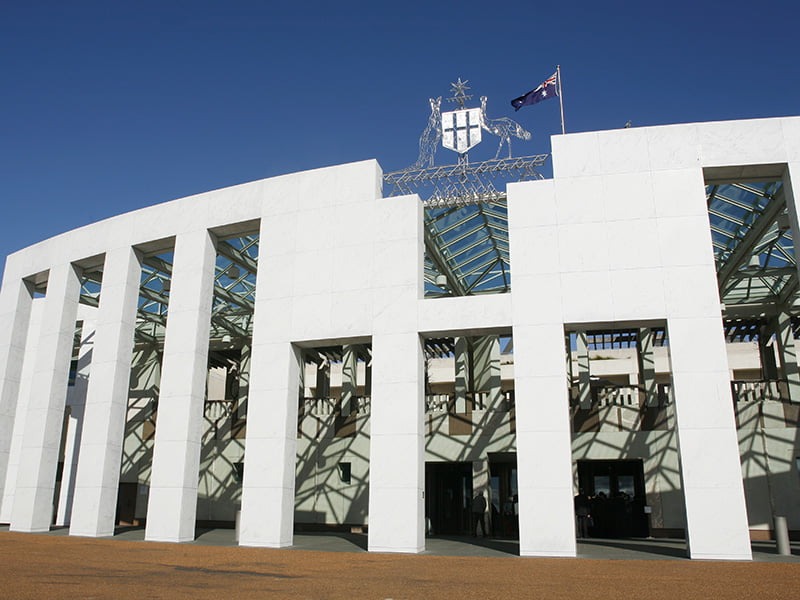The search is on for a Freedom of Information Commissioner after the federal government provided $1 million in funding to establish the position, as the nation’s privacy office battles an ever-growing FOI case backlog.
The May budget included $1 million per year to establish the Freedom of Information Commissioner position, which will be based in the Office of the Australian Information Commissioner (OAIC).
The OAIC as established in 2010 was meant to have three separate Commissioners, for information, privacy and freedom of information.
But funding cuts by the Coalition government in 2015 left just a privacy commissioner to perform all of these roles. This has remained the case in the years since, with Information Commissioner Angelene Falk currently serving in all three roles.

The Attorney-General’s Department is now recruiting for the new Commissioner, with a job listing posted on 11 June. Applications originally closed on 28 June, but this has now been extended to 13 August.
A spokesperson for the Department told InnovationAus that the Commissioner is expected to be appointed by the end of the year.
“The commencement of the appointee will depend on the availability of the successful candidate,” the spokesperson said.
The FOI Commissioner will be responsible for the management of the OAIC’s FOI functions, which include reviewing the decisions made by agencies and ministers under the FOI act, and responding to complaints from members of the public.
“These functions include promoting awareness and understanding of the new FOI Act and the objects of that Act; conducting reviews of FOI decisions made by agencies and ministers; compliance activities including monitoring and undertaking investigations; and reporting on FOI matters,” the government’s job listing said.
The Commissioner will be appointed on up to a five year term and will be based in Sydney. The role will be paid $386,960 per year, while the Information Commissioner is paid $471,090 annually.
The OAIC has been facing a growing backlog of FOI cases amid increasing requests and a lack of additional funding.
In the 2019-20 financial year, the OAIC failed its aim to have 80 per cent of FOI complaints finalised within a year and to get 80 per cent of Commissioner-initiated investigations finalised within eight months.
In that time the number of FOI applications to government increased by 6 per cent, up to more than 41,000. In the last five years the number of Commissioner reviews of FOI decisions increased by 186 per cent.
The OAIC has been forced to introduce efficiencies around its FOI functions, but has admitted this will not be enough to address the backlog.
“Efficiencies cannot keep pace with the continuing rise in incoming work. In the absence of supplementary FOI funding, the ability of the OAIC to consistently provide timely outcomes for applications will continue to be impacted,” an OAIC spokesperson said late last year.
Despite receiving $3.5 million in additional funding through the Digital Economy Strategy, the OAIC is still facing a funding cliff in the coming years, with its resourcing to drop steeply unless it secures a new agreement with the government.
This additional funding will likely be secured through the ongoing review of the Privacy Act.
Independent senator Rex Patrick this week raised concerns with the “huge delays” in getting an FOI review from the Information Commissioner, saying these sometimes extend to up to three years.
“By that time the information may well and truly just be useless. That is a huge problem we have with the FOI domain,” Senator Patrick said during an Australia Institute webinar on Wednesday.
Senator Patrick said he is “almost certainly” going to lodge an application in Federal Court in an attempt to force the Information Commissioner to make decisions “in a much more timely fashion”.
Do you know more? Contact James Riley via Email.

